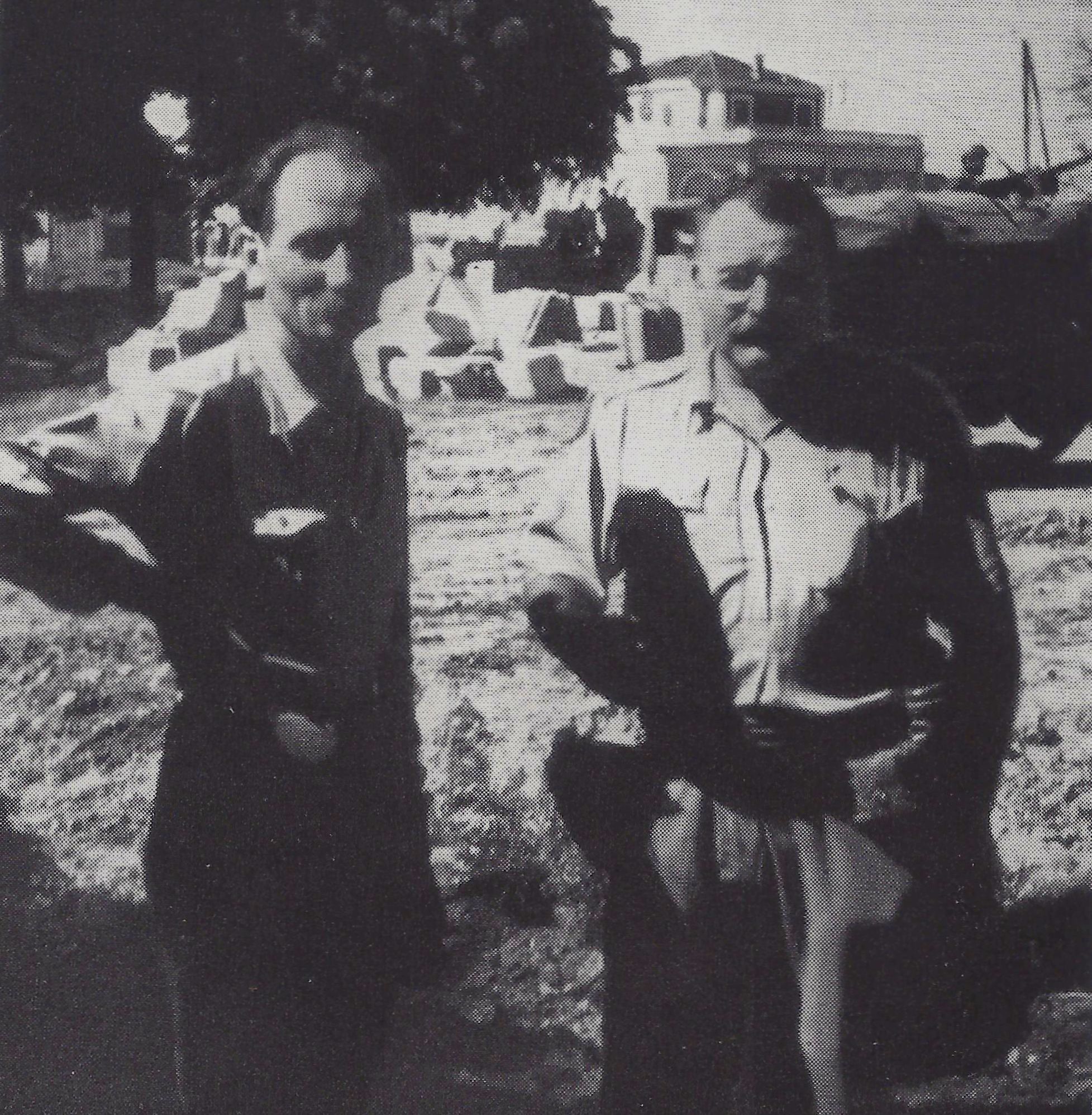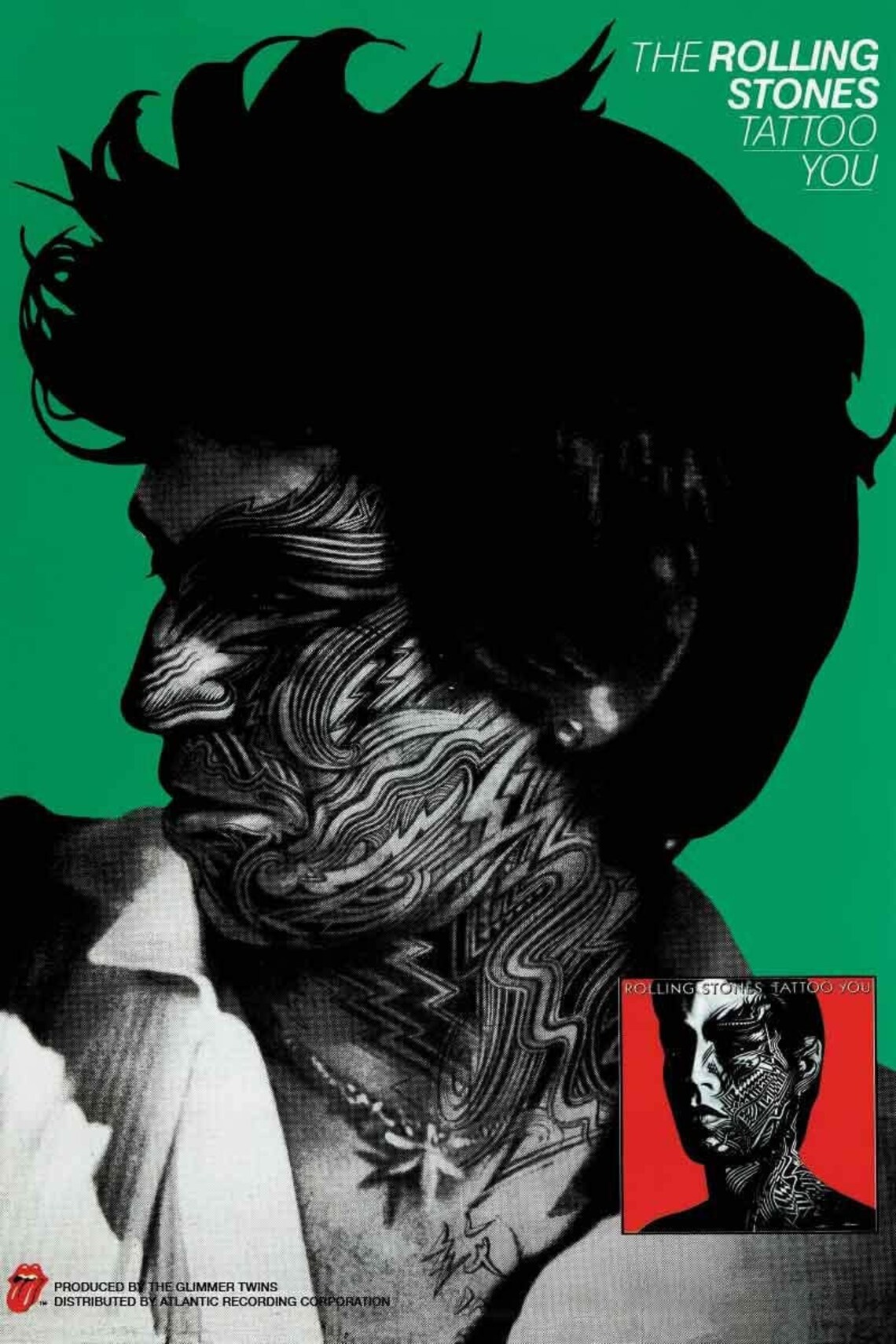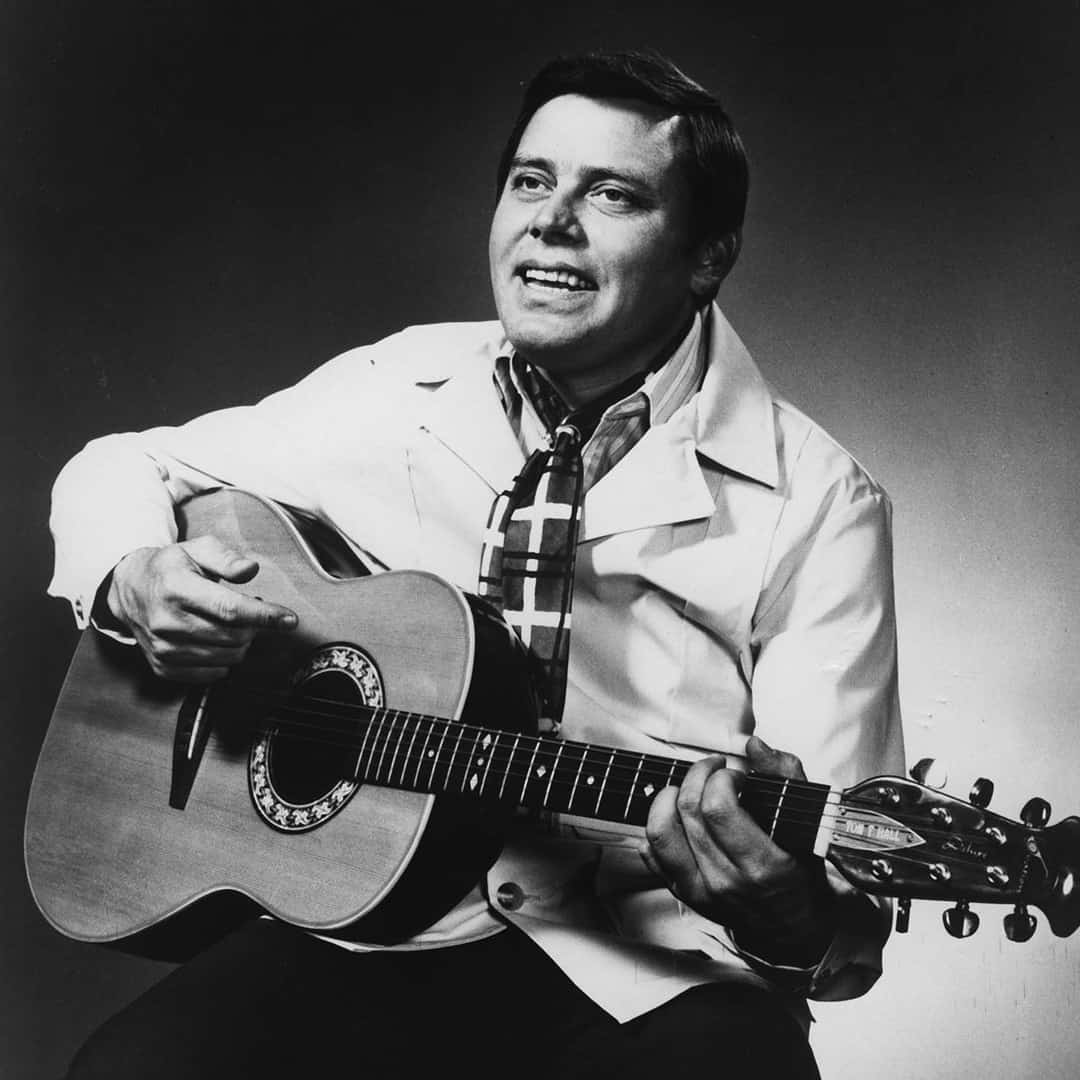Memory’s a witch. Thinking back, I would have sworn that the German battery at Toussus was overwhelmed in a breeze with no loss to our side. But thumbing through my faded notes I find this entry: “As we advance, one French half-track, turning into the battery, is hit dead on. Ahead of me an overloaded weasel takes a direct hit from a shell. Our losses, six killed and eleven wounded.”
We churned on to Jouy-en-Josas. There the column blocked and stopped as the van started uphill through the main street. We were hard by the railway station, and for five minutes the wait was joyous. Out poured the townsfolk, arms loaded with cold bottles of champagne. Mothers lifted babies to be kissed, only to be crowded out by the younger beauties of the place, who had the same general idea. Old soldiers who looked like relics of the Franco-Prussian war lined the sidewalks at stiff salute.
Then the music started. The Germans had a heavy mortar battery in a nearby chateau and behind it two field guns. Three French tanks charged the battery position; one was knocked out, the others finished the action.
We moved up to the main street and again halted. Twenty-one German prisoners, several of them wounded, all of them captured in the fight around the chateau, were brought back to be paraded down the main street of Jouy-en-Josas. About sixty Frenchmen of the advance guard formed facing each other within the street, holding aloft their rifles, mess gear, or any hard object that was swingable. As the Germans entered this gantlet, they cracked down hard, aiming at the heads of the passing men. The Germans didn’t try to run. They marched. Except when they reeled or fell from a blow, they took it heads-up, eyes to the front, saying not a word, uttering no cry. They emerged from it looking as if they had been torn by wild beasts. There was wretched and unforgettable depravity in this scene, redeemed only by the bearing of a few helpless young men who knew how to walk seemingly without fear. To have tried to intervene would have been an act bolder than any I saw along the road to Paris.
We were in motion again, and shortly we made a sharp right turn onto a main avenue three kilometers east of Versailles. The road ahead was a mass of greenery, its surface blocked by a half-mile-long line of felled sycamore trees. The French tanks moved uncertainly into this stuff. Four hundred yards off to our left was a dense copse. Out of it suddenly a man came running swiftly, screaming into the wind as he ran.
I asked Elena: “What’s he saying?”
She said: “There’s a German antiaircraft battery in that wood. Three guns altogether. And they’re ready to open fire.”
So with the way partly cleared, we sped ahead, looking for the commander of the forward tank battalion to tell him he was about to be smacked broadside. With every second counting, he still might have gotten his tanks around. At least he listened respectfully. Then he answered: “I know all about it; we’ve already taken care of that battery.”
Never was an overconfident statement more beautifully punctured. It came like this—Boom! Boom! Booml At four hundred yards point-blank the Germans couldn’t miss. Behind us there was loud screaming. One vehicle on the pivot exploded. Another burst into flame. Said the French major: “So now we know.”
So much for the legend that intelligence supplied by Hemingway, with an assist from his two adjutants, Mouton and David Bruce, enabled Leclerc and troops to slip through to Paris, skirting the nodes of resistance. Nothing nastier could be said of the operation; not one sign of applied intelligence distinguished it.
During this and the succeeding scenes, our great and gentle friend, Papa, was close beside us, right to the finish. Blessed be his memory, and hallowed his reputation for fighting gumption; they should not be sullied with canards like this one from an American magazine:
Behind Papa’s jeep wheezed the long line of Renault sedans, taxis, jalopies and trucks, all of them crammed with Task Force Hemingway fighters, now numbering more than 200. “We’ll tag along with Leclerc as far as Buc,” Papa said, “then near Versailles where our information shows we will be slowed down by resistance, we’ll swing around and come into Paris by a back road one of our bike boys found. The chief of staff didn’t think the road was quick enough, but I do.” Just as Hemingway anticipated, Leclerc was temporarily pinned down along the south bank of the Seine by a small group of determined Nazis left behind by the retreating Germans. When Leclerc finally overwhelmed the resistance, his advance patrols moved into Paris. The Germans had deserted the city. As Leclerc entered he noticed a large sign hanging from the door of a cathedral: “Property of Ernest Hemingway.”
Well, glory and hallelujah. Papa stayed with us, then and later, never breaking away toward Versailles. His only attachment was Sergeant Red Pelkey, his jeep driver. Leclerc’s boys acted like nitwits, but if they were slowed anywhere by resistance, it came from the mademoiselles, not the krauts. Papa deserves more credit than he has been given; he was not one to force his talents beyond their natural limits.
Our final lurch, after the column had swung past Orly Field and then, turning leftward, entered the solidly built-up area south of the Seine, took twenty-four hours.
Through the whole ride, we were as perverse as possible. We tore madly along when reason whispered that we should proceed with care. We stalled insensibly whenever the way seemed wide open. It was less a fighting operation than a carnival on wheels. Take what happened after the German battery, concealed in the copse just off our flank, ripped the column broadside. Rather quickly, tank fire killed that battery. The jeep had pulled up between two medium tanks. In the shuffling which attended the exchange of fires, the tank behind us moved forward a few yards. It became impossible to turn. Then both tanks resumed the advance, and we went along between them willy-nilly rather than be run down. This proved embarrassing. In one-half mile our route turned left, at which point we headed straight toward the Seine.
Right at the junction, with the closest piled explosives only twenty feet from the road we must take, was a block-long German ammunition dump. The stacked shells were already blowing sky-high, and even at a distance, the smoke, blast, and flame seemed like an inferno. For that, we could thank the killed-off German battery. With a final round or two it had fired the dump just before being knocked out of action. So doing, it had blocked the road, or at least that was what we supposed for the moment.
The lead tanks came to the intersection. There was not even a pause for a close-up view of the danger. They wheeled left and advanced in file right across the face of the exploding dump. Its metal showered the roadway and its heat was like a blast from molten slag.
For the people within the tanks the risks were trivial. They had battened their hatches, and the plate was thick enough to withstand the hot fragments. They did not take it on the run as they should have done; they snailed along at about six miles per hour.
I yelled: “We can’t make that run.”
Westover yelled: “We’ve got to, or the tanks will crush us. They’re not stopping for anything.”
That’s how it was. The jeep-loaded people spliced into the tank column were held feet-to-the-fire by their own friends. That Mazeppa-like ride lasted not more than forty or fifty seconds by the clock, but the clock lied. There was no protection against either the flying metal or the infernal heat. The best one could do was cover his face with his arms, double up so as to compose as small a target as possible, and hope for the best.
We pulled out of it whole-skinned. One shard had smashed through the hood of the jeep. Another had smacked the metal panel next the jump seat, missing Elena’s bottom by inches. The quarter-ton still perked. It was hellishly hot, and we were horribly thirsty.
There was not far to go. Where the dump ended, the metropolitan city began. In a twinkling, we were among houses and stores, and banking both sides of that broad, lovely avenue were the people—and what a people!
They had waited four years for this parade, and they were ready with the vin d’honneur and much more. There were again the Old Guard standing at salute, wearing faded kepis and fresh-shined medals, young mothers rushing out with infants to be kissed, more beautiful blondes and brunettes, and some not so lovely, platoons of urchins screaming and frantically raising their hands in the V-signal, dear old gammers showing their petticoats when they raised their skirts to weep, and everywhere, men and women, shouting, laughing, crying, embracing in ecstatic delirium.





:format(jpeg):mode_rgb():quality(90)/discogs-images/A-575060-1285400181.jpeg.jpg)



:format(jpeg):mode_rgb():quality(90)/discogs-images/R-2577041-1450447916-3312.jpeg.jpg)




































































































































































